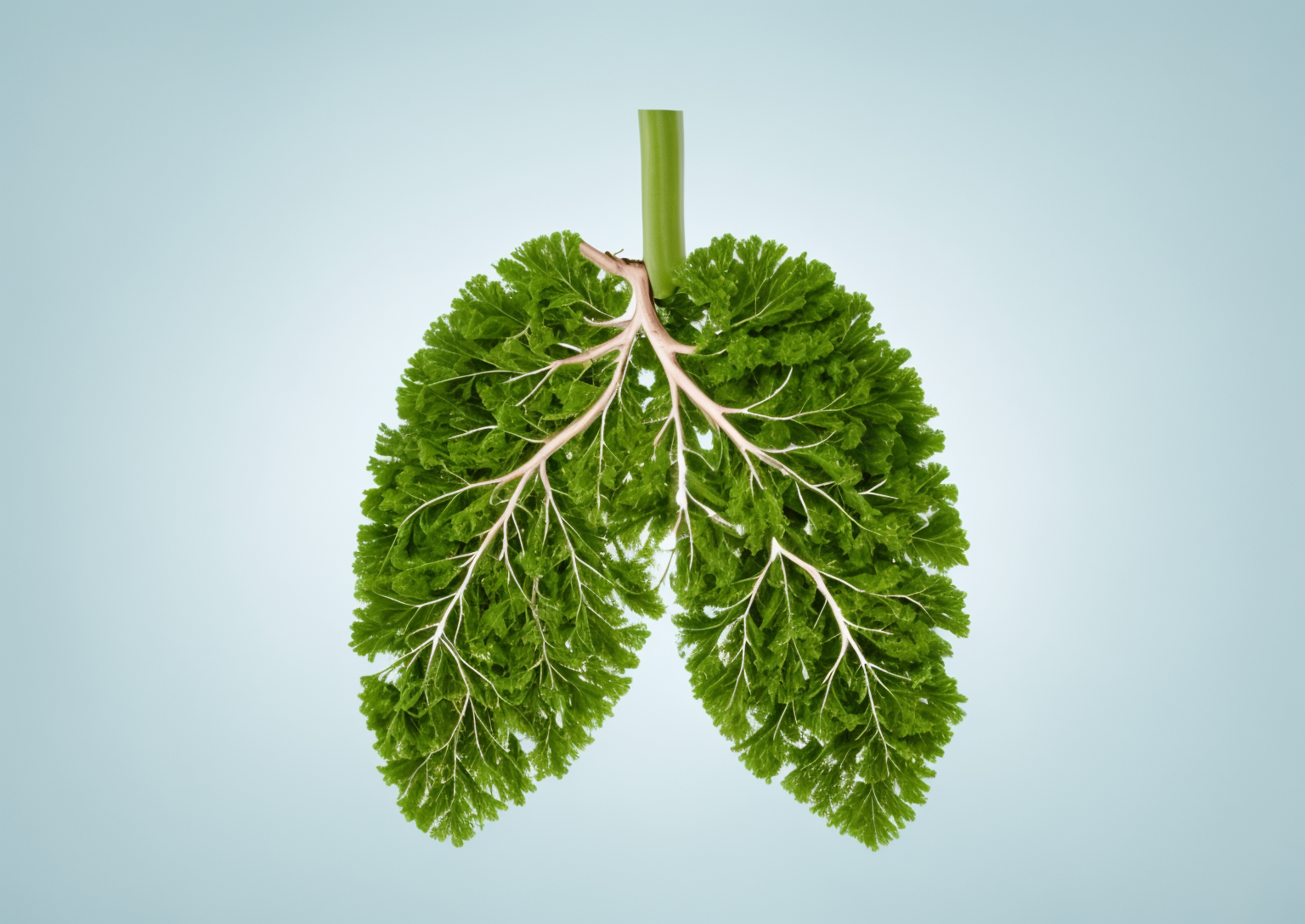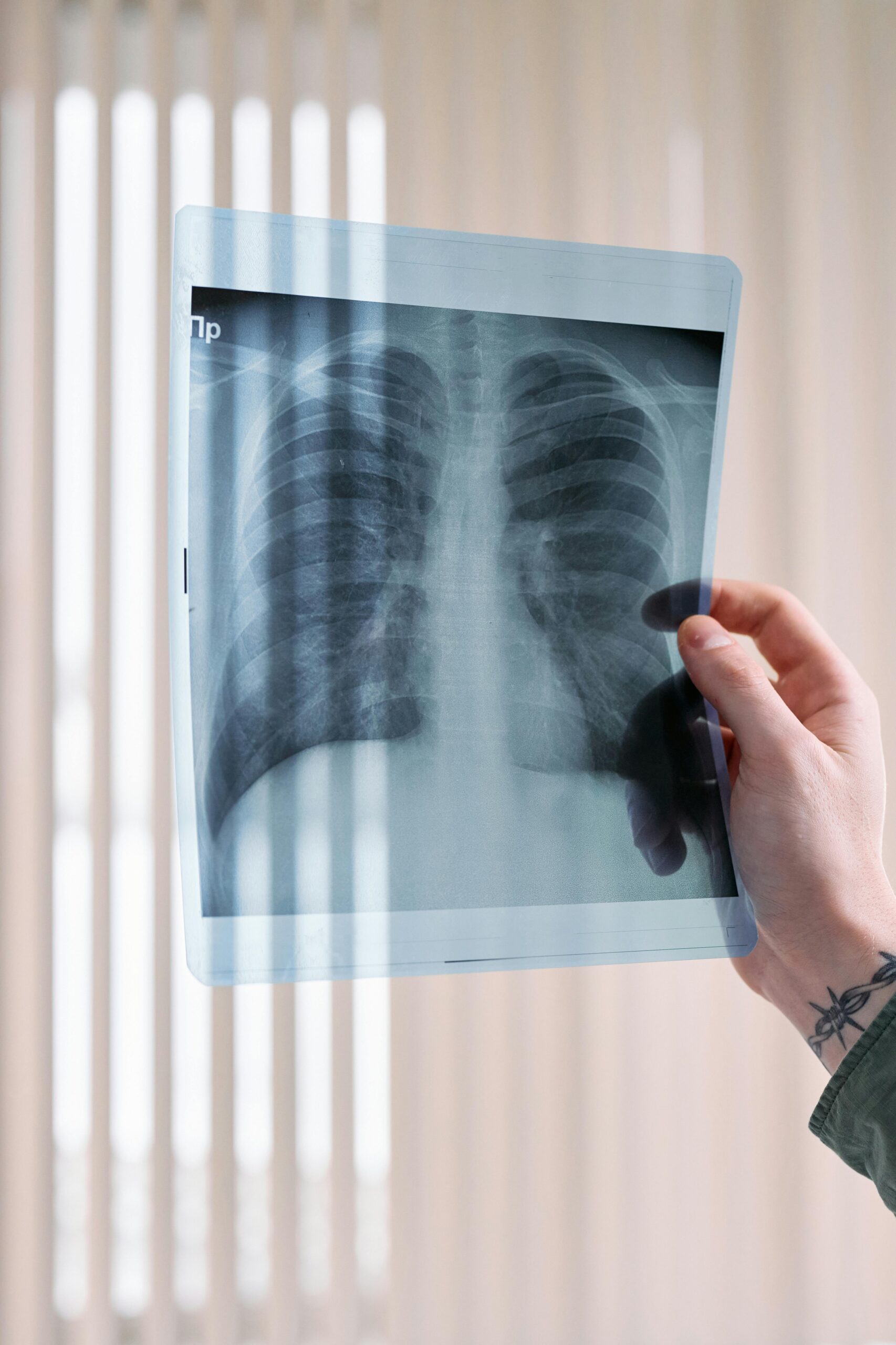Our lungs work tirelessly, day in and day out, to supply our bodies with oxygen and expel carbon dioxide. Yet, we often take them for granted. Maintaining lung health is crucial for overall well-being, and the good news is that there are several simple yet effective strategies to keep your lungs in top shape. Here’s how you can ensure your lungs stay as healthy as possible.
1. Avoid Smoking and Exposure to Pollutants

Smoking is the leading cause of lung disease, including chronic obstructive pulmonary disease (COPD) and lung cancer. If you smoke, quitting is the single most important step you can take for your lung health. Likewise, avoid exposure to secondhand smoke and environmental pollutants. Air quality can significantly impact your lungs, so be mindful of air quality forecasts and limit outdoor activities on days when pollution levels are high.
2. Engage in Regular Exercise

Exercise isn’t just good for your heart and muscles—it’s great for your lungs too. Physical activity improves lung capacity and efficiency. Aerobic exercises such as walking, running, cycling, and swimming increase your lung capacity and promote better oxygen exchange. Additionally, activities like yoga and stretching can enhance your respiratory function by improving your posture and breathing techniques.
3. Practice Deep Breathing Exercises
Deep breathing exercises help increase lung capacity and improve oxygenation. Techniques such as diaphragmatic breathing and pursed-lip breathing can be particularly beneficial. Diaphragmatic breathing involves inhaling deeply through your nose so that your diaphragm, rather than your chest, inflates with air. Pursed-lip breathing involves inhaling slowly through your nose and exhaling through pursed lips, which helps keep your airways open longer.
4. Maintain a Healthy Diet

Eating a balanced diet rich in antioxidants can support lung health. Foods high in vitamins C and E, as well as omega-3 fatty acids, can help protect your lungs from inflammation and damage. Incorporate plenty of fruits, vegetables, nuts, seeds, and whole grains into your diet. Staying hydrated is also crucial, as water helps keep the mucosal linings of your lungs thin, aiding in proper lung function.
5. Practice Good Hygiene
Regular handwashing and avoiding close contact with people who are sick can help prevent respiratory infections that can compromise lung health. Influenza and pneumonia, for example, can lead to serious complications in individuals with weakened lungs. Keeping your living environment clean and well-ventilated can also reduce the risk of airborne infections.
6. Get Regular Check-ups
Regular medical check-ups are essential for monitoring lung health, especially if you have a history of respiratory issues or if you’re at high risk for lung diseases. Your healthcare provider can perform tests such as spirometry to assess lung function and catch potential issues early.
7. Avoid Prolonged Exposure to Irritants
Certain chemicals and industrial pollutants can harm your lungs over time. If you work in an environment with hazardous materials, ensure you use protective equipment and follow safety guidelines. Even household cleaners and some types of paint can emit fumes that irritate the respiratory system, so choose products with lower levels of volatile organic compounds (VOCs) or ensure adequate ventilation.
8. Incorporate Lung-Strengthening Activities
Incorporating specific exercises to strengthen your lungs can be beneficial. For example, singing and playing wind instruments like the flute or trumpet can improve lung function and control. These activities require regulated breathing and can help strengthen your respiratory muscles.
9. Manage Chronic Conditions
If you have a chronic condition such as asthma or COPD, managing it effectively with the help of your healthcare provider is crucial. Follow prescribed treatments, avoid triggers, and stay informed about your condition to prevent exacerbations that could damage your lungs.
10. Stay Informed and Educated
Keeping up with the latest research and recommendations on lung health can help you make informed decisions. Understanding how factors like air quality, diet, and exercise impact your lungs allows you to adopt practices that best support your respiratory system.
Maintaining healthy lungs is a multifaceted effort involving lifestyle choices, regular check-ups, and informed habits. By integrating these practices into your daily life, you can ensure that your lungs remain resilient and efficient, keeping you energized and healthy for years to come. So take a deep breath, and start taking steps towards better lung health today.




